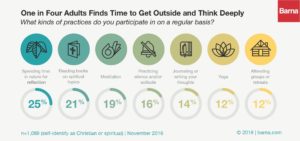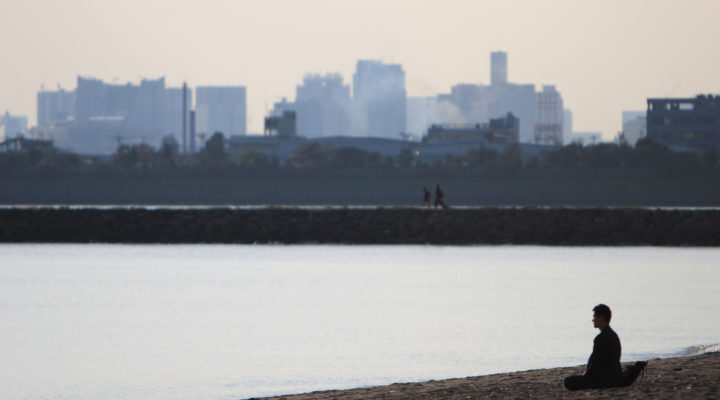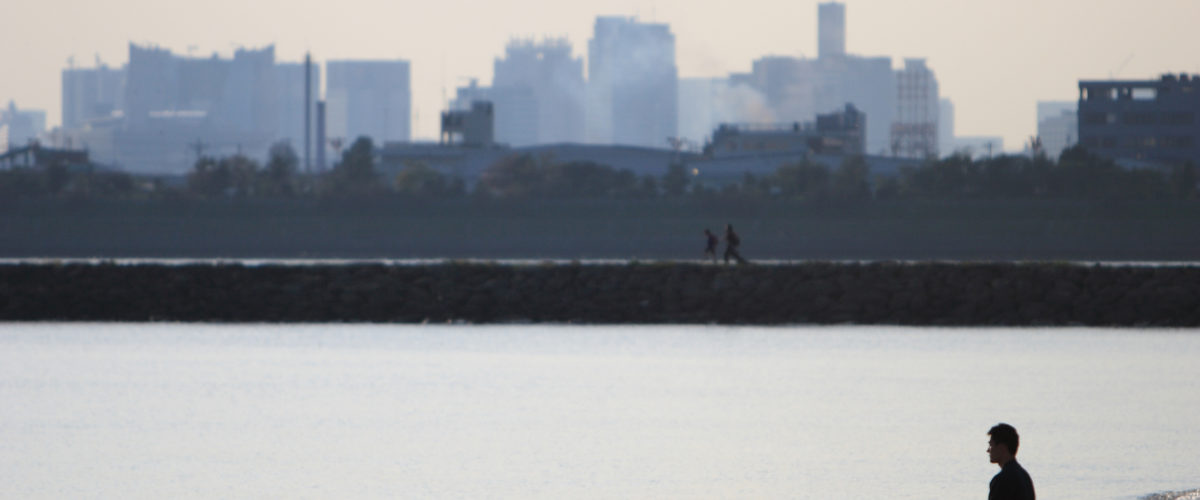Research shows that Americans are doing a pretty good job of taking care of themselves, spiritually and emotionally.
And that’s a good thing since most of them have a lot on their plates these days in addition to the usual challenges of family, homes and finding or keeping jobs.
Anyone who even casually consumes news websites or social media is confronted with an array of anger- and fear-driven reports of End Times-inducing developments.

Open war continues in Syria and Afghanistan while North Korea and Iran are portrayed as imminent sources of conflagration.
Plenty sources of angst exist right here at home.
Gun violence in the form of mass shootings, like those in Las Vegas and Parkland, have become routine in America.
And the political scene is just as terrifying to many in the U.S. One poll said more than half of Americans were suffering from what came to be termed “Trump anxiety.”
So, it may be no coincidence that new Barna research has found “that most Americans are open to investing in their mental health through counseling” and that discussions about self-care have become mainstream.
The faith-based research organization said its findings result from 1,089 interviews conducted with American adults who identify either as Christian or spiritual.
A quarter of them, Barna reported, “prefers to spend time in nature for reflection as their favored form of self-care.”
Going outdoors was followed closely by reading books on spiritual topics, at 21 percent.
Contemplative practices came next. Nearly 20 percent of Americans said they practice meditation while 16 percent prefer silence or solitude. Journaling, yoga and group and retreat participation rounded out the list, Barna said.
Barna said it found generational differences in its research.
“Younger generations of those in the sample are open to a variety of ways of investing in themselves,” according to the report.

Millennials lean heavily into journaling, at 28 percent, compared to 3 percent of Elders.
Yoga is a more common practice among both Millennials and GenXers, at 18 and 17 percent, respectively.
The practice is much less common among older Americans: 4 percent of Boomers; and 3 percent of Elders.
“Though Boomers and Elders are hesitant to participate in some of the activities listed, they most enjoy spiritual reading and time spent in nature,” Barna said.
Whatever the approach, a variety of experts have been upping the availability of online self-care advice and techniques.
It started just ahead of the 2016 election that propelled Donald Trump into office.
Wake Forest Baptist Health Center in Winston-Salem, N.C., anticipated what would become a high-demand for politically motivated self-care.
“A monumental event is upon us and we have the power to choose our country’s future path with the simple click of a button. No pressure,” the health system said in an October 2016 article titled “Stress Management Tips for Campaign Season.”
Those tips include being informed without internalizing political controversies and maintaining wellness habits.
It concludes with suggestions that remain relevant nearing the middle of 2018: eat healthy, get plenty of rest, exercise and spend time outdoors.
“Also, if you feel it is too late to prevent becoming overly stressed during the political season countdown, try to take a step back and reclaim what is important to you.”


